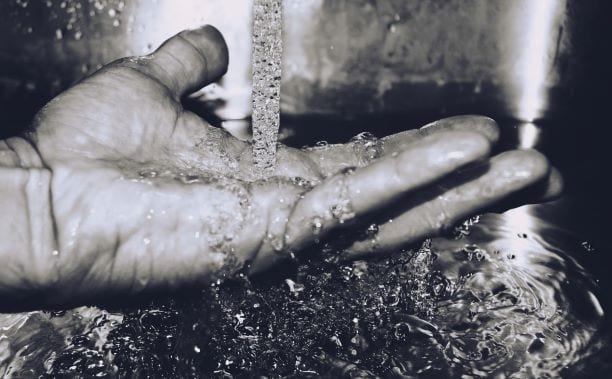Pandemic Exposes, Amplifies Weaknesses In Water Infrastructure, Researchers Argue

Three researchers are exploring the connections between access to clean water and the spread of the global coronavirus pandemic.
In a recent blog post stemming from a scholarly paper exploring the effects of rights constitutionalization and democratic governance on water access, the authors argue that recognition of the human right to water is central to the coronavirus response. Drawing on this research, the authors argue that pre-existing weaknesses in water access have weakened the public health response to coronavirus. The pandemic has exposed how easily outbreaks spread without the ability to wash hands, according to the blog by the School of Politics, Security, and International Affairs’ Rebecca Schiel, Ph.D., Bruce Wilson, Ph.D. and the University of Oslo’s Malcolm Langford.
The trio’s thesis pins hope for improved access to water in underdeveloped countries on improving the nation’s democratic governance. While 99% of the U.S. has access to clean water, the country does not recognize a constitutional right to water. The “enduring priority” of the pandemic should not be just opening access to water, but “recognition of the human right to water,” the paper states.
“Because water is fundamentally important to human life and has implications for most aspects of development and health, its lack of availability even in parts of rich countries, including the USA, has laid bare the reality of the pandemic for poor and marginalized people,” Schiel said.
Wilson added, “We wanted to shed light on the fact that water access is the weakest link in the fight against coronavirus; when some lack access to basic necessities like water, progress against this virus is greatly hindered.”
